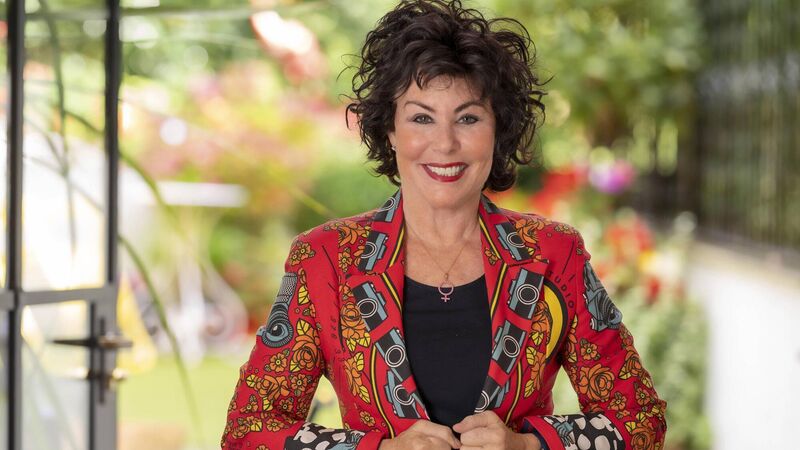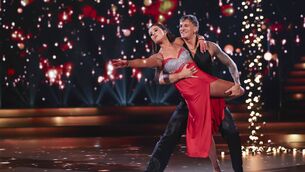Culture That Made Me: Ruby Wax on Gay Byrne, Gaga, and Zelenskyy

Author and comedian Ruby Wax at her home in London in 2020.
Born in 1953, the comedian and TV presenter Ruby Wax grew up in a suburb of Chicago. She came to international prominence in the 1990s interviewing in a strident manner the likes of Donald Trump and Madonna.
She’s a prominent practitioner of mindfulness; in 2015, she was awarded an OBE for services to mental health. She has written two best-selling memoirs.




